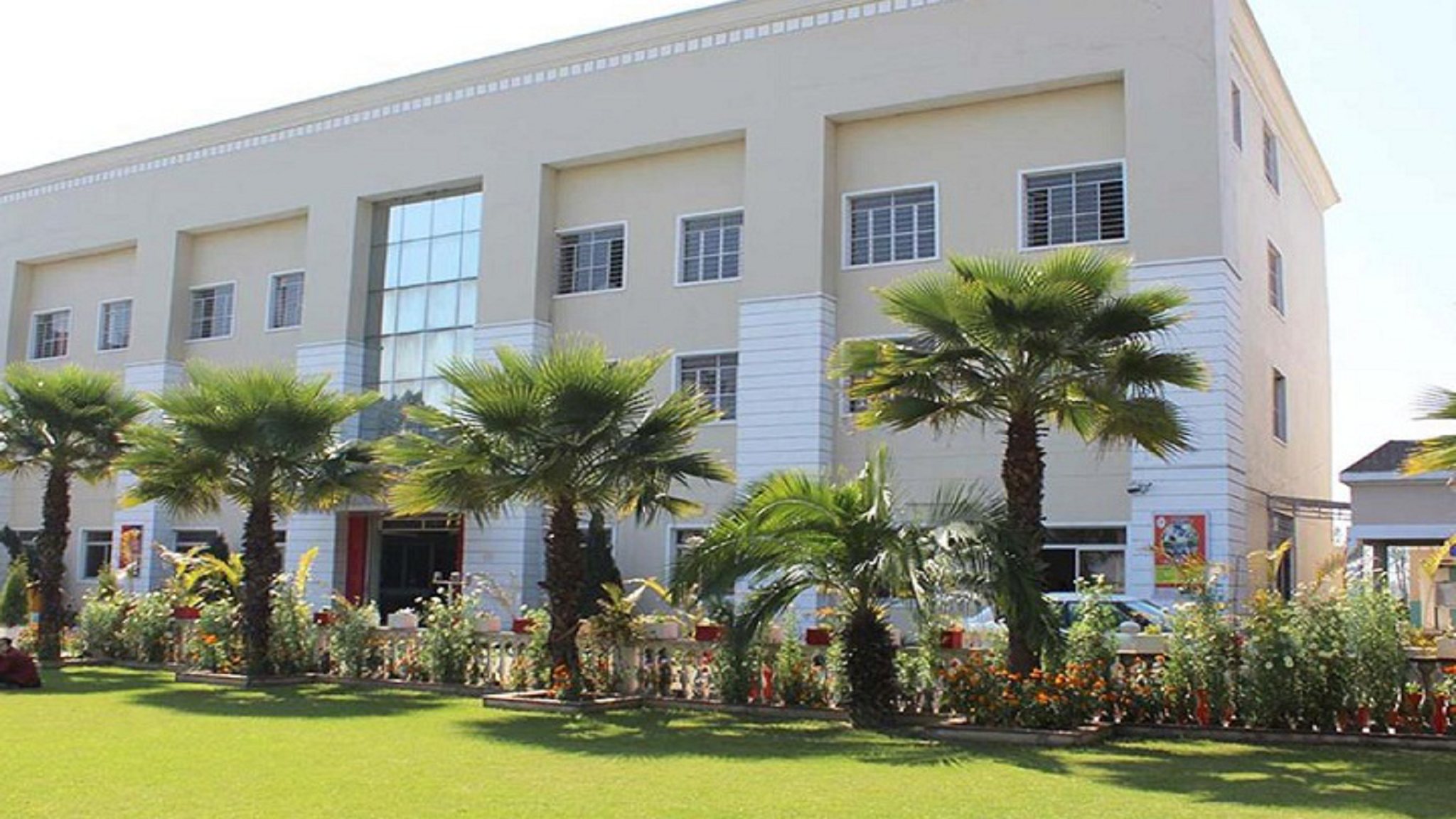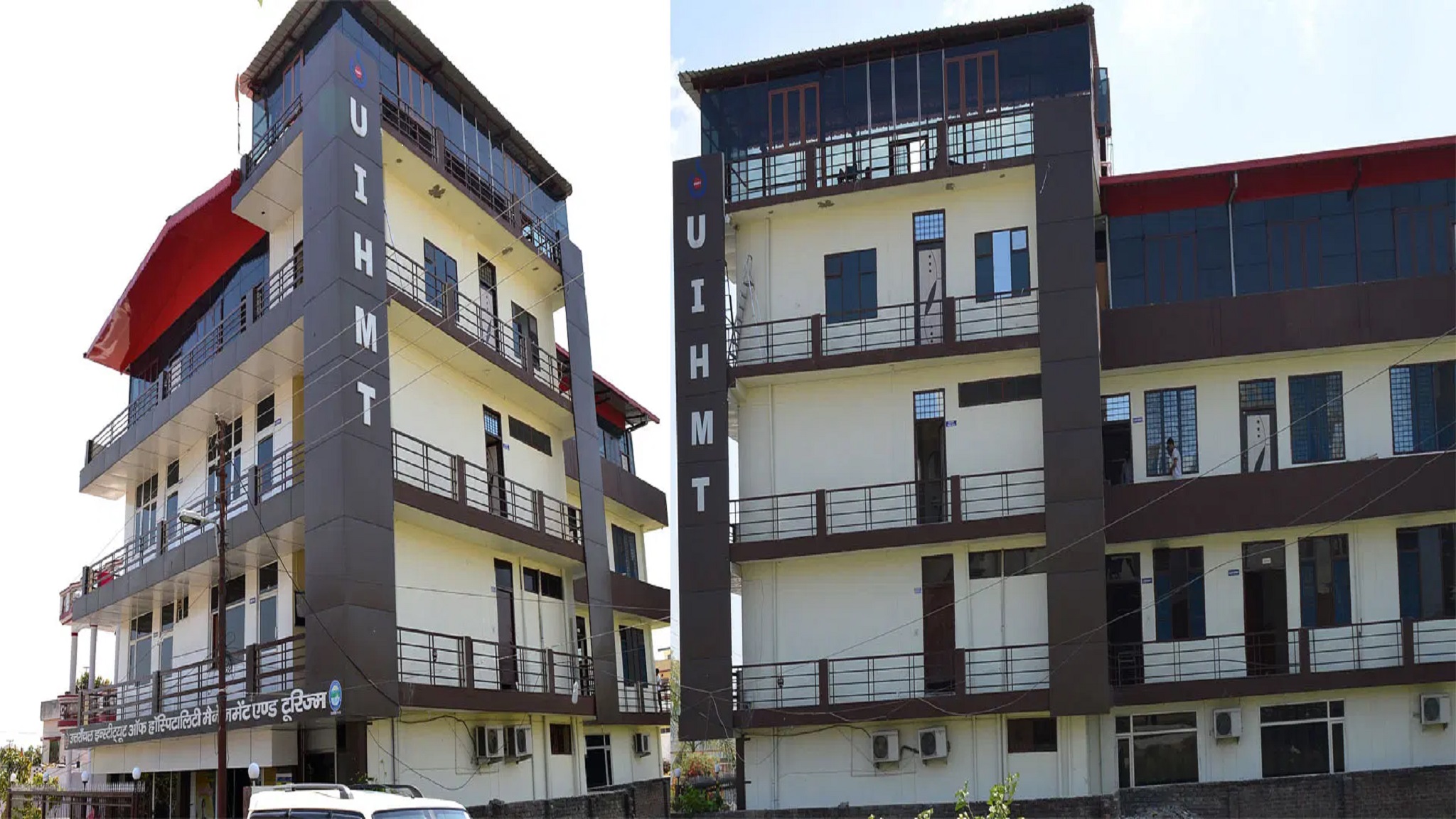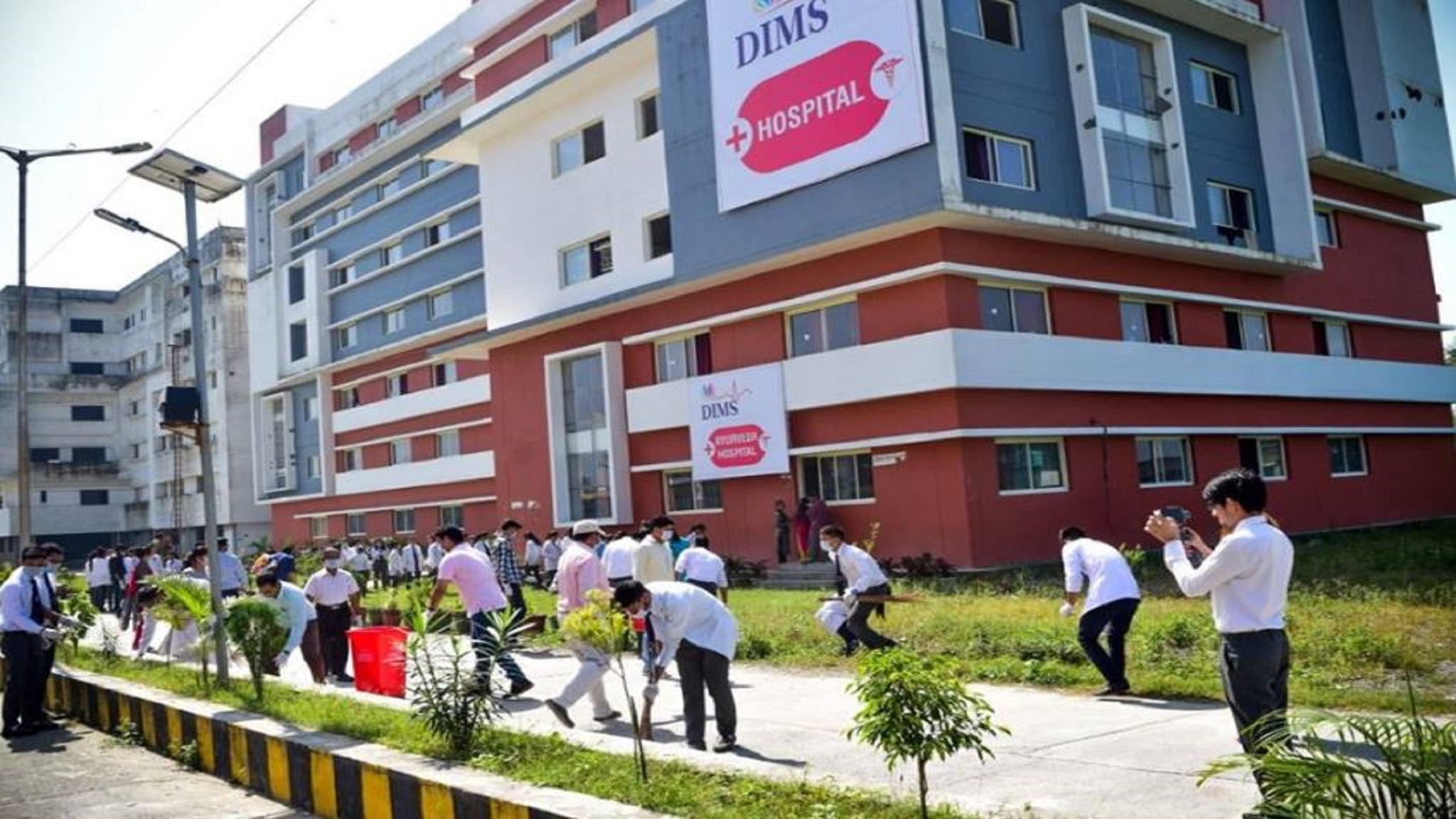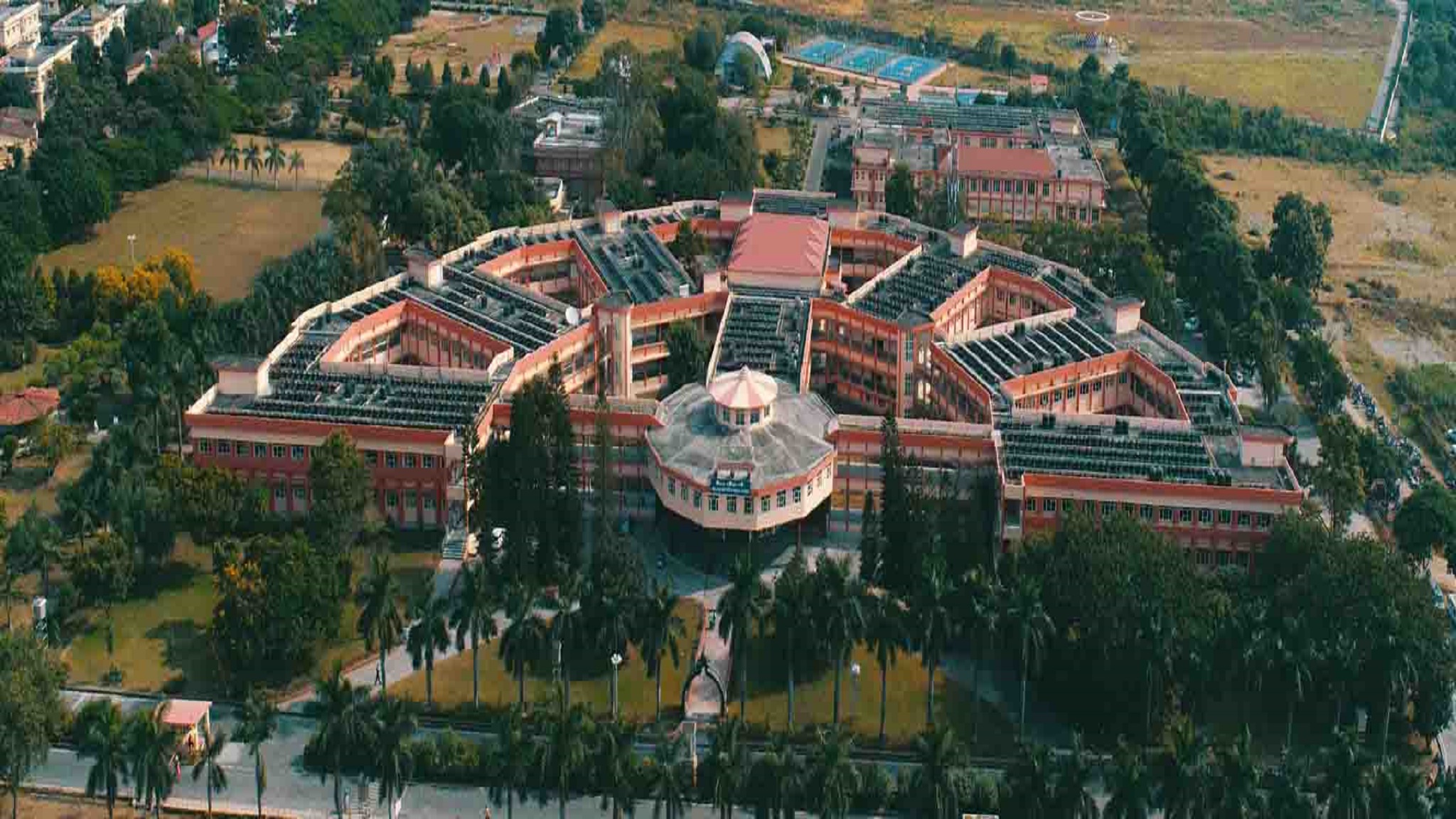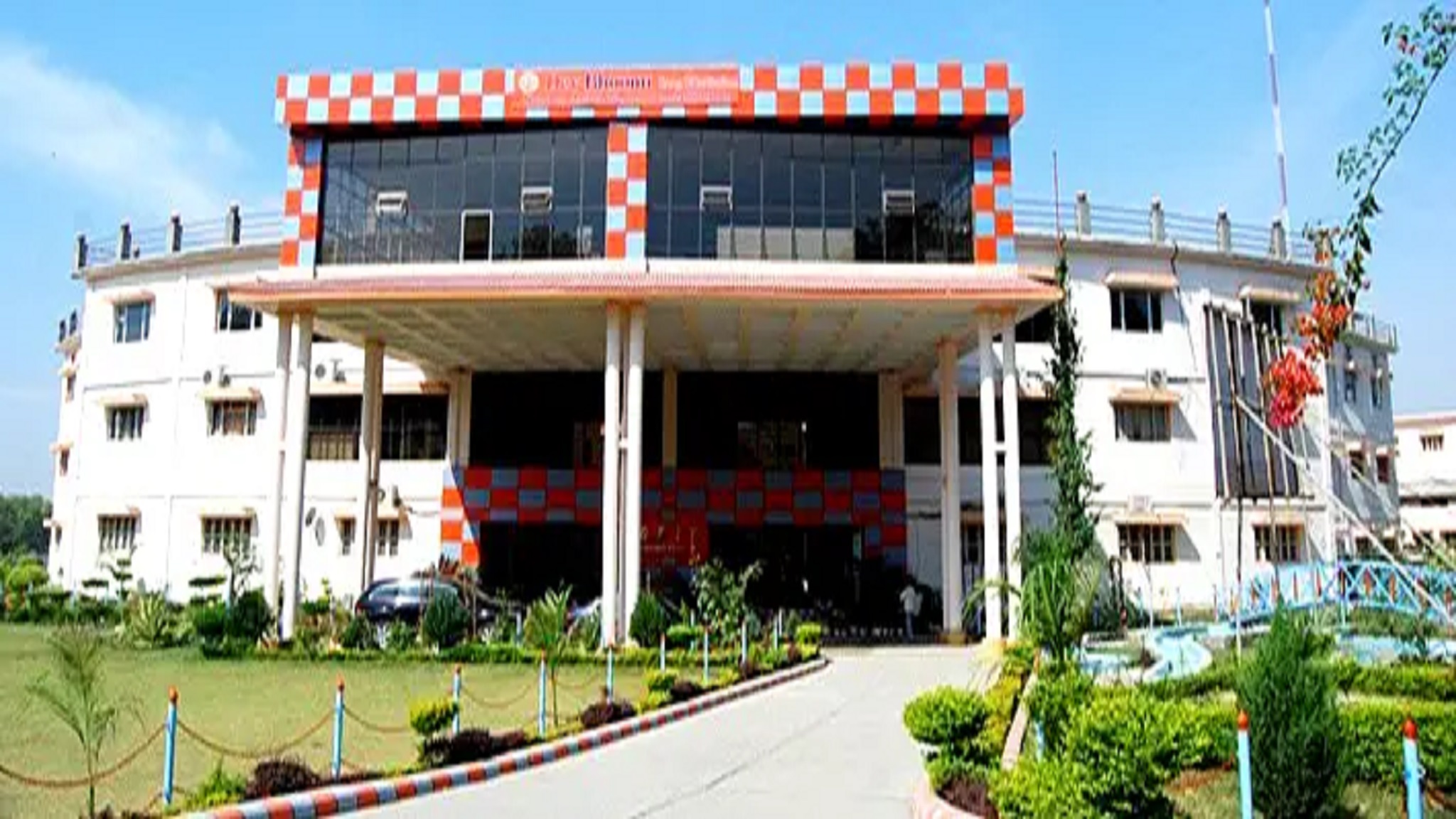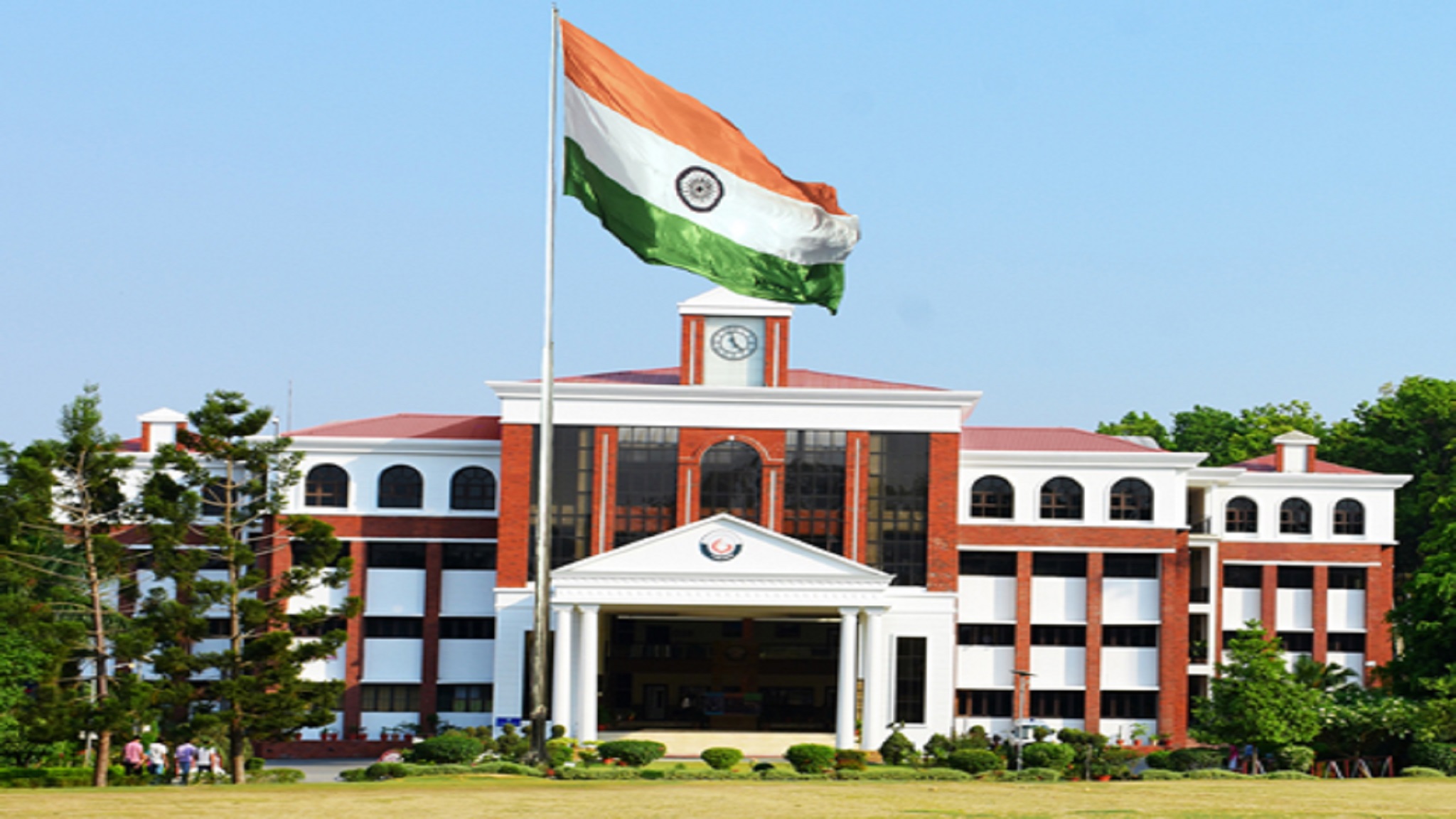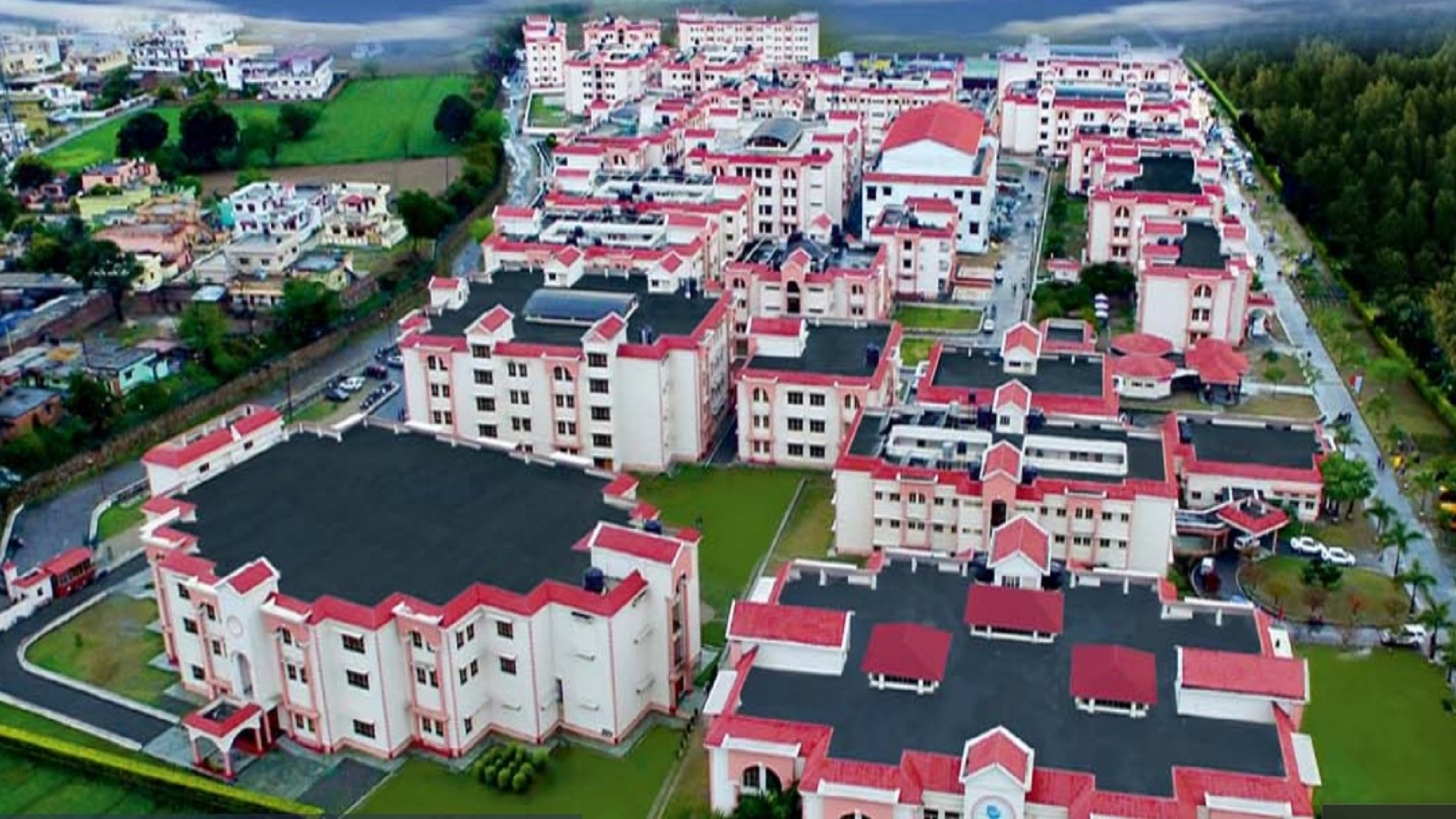Top BSc Medical Lab Technology colleges in Dehradun 2025
Are you looking for admissions in B.Sc Medical Lab Technology programme in dehradun? College Forum assists you in locating the Top B.Sc Medical Lab Technology colleges in Dehradun. Undergraduate students can apply for, which trains them to become lab technician .Using knowledge to treat illnesses is the primary focus of the BSc Medical Lab Technology. The course, cost, eligibility, syllabus, scope, and other details are all available here.

Total Fees: ₹ 4.20 L - 4.50 L
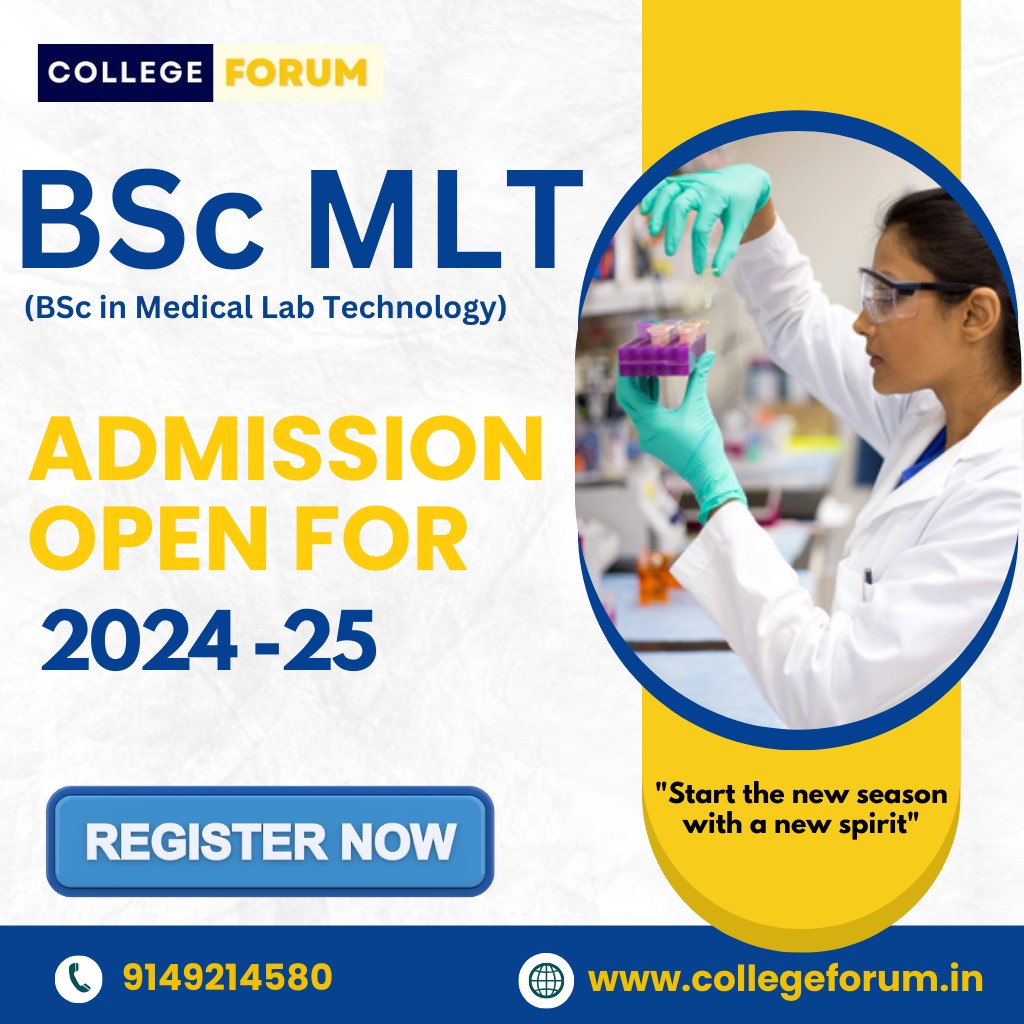
Request For Call Back
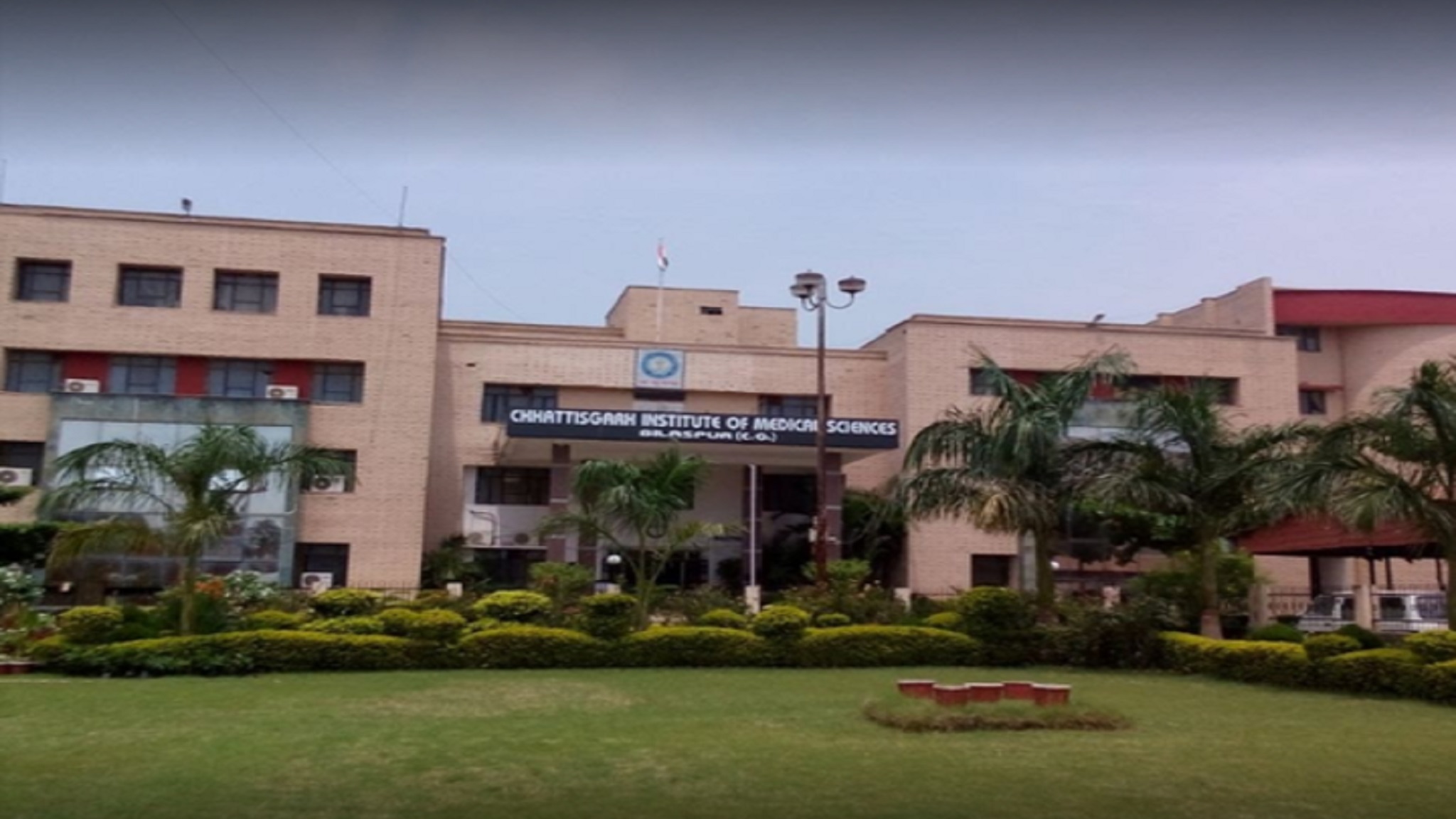
Total Fees: ₹ 1.35 L - 2.10 L
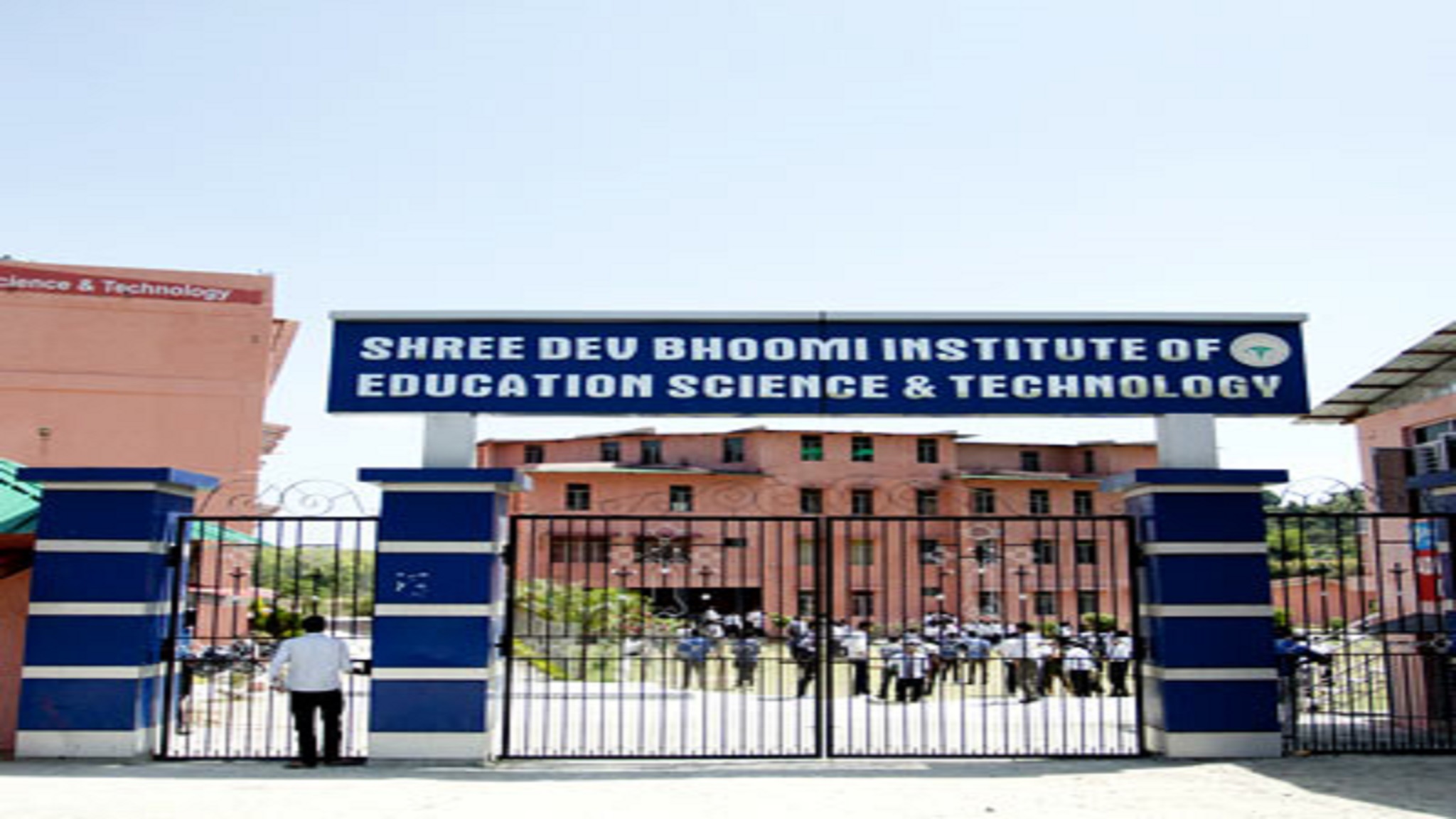
Total Fees: ₹ 1.30 L - 2.50 L
About B.Sc Medical Lab Technology?
A Bachelor of Science (BSc) in Medical Laboratory Technology (MLT) is a 3-year undergraduate degree program that focuses on training students in the field of medical laboratory science. Medical laboratory technology involves the study and application of laboratory techniques and procedures used in the diagnosis, treatment, and prevention of diseases.
B.Sc Medical Lab Technology Eligibility
Educational Qualifications:
- Candidates should have completed their 10+2 with or equivalent examination from a recognized educational board with physics, chemistry, biology, or mathematics as subjects.
- Candidates must pass 10+2 with a minimum score of 50% or equivalent from a recognized educational institution.
Why Pursue B.Sc Medical Lab Technology?
- Interest in Healthcare: Many students choose medical laboratory technology due to their interest in healthcare and the desire to contribute to the diagnosis and treatment of diseases.
- Diagnostic Skills: The program equips students with the skills to perform diagnostic tests and analyses, helping identify various medical conditions and contributing to patient care.
- Scientific Curiosity: Individuals with a keen interest in biology, chemistry, and scientific methodologies find the field of medical laboratory technology appealing. The program provides a scientific foundation for understanding human biology and pathology.
- Healthcare Support: Medical laboratory technologists play a crucial role in supporting healthcare professionals by providing accurate and reliable laboratory results. This can be rewarding for those who want to indirectly contribute to patient well-being.
- Technological Proficiency: The program covers the use of advanced laboratory instruments and technologies, fostering technical proficiency and adaptability in the rapidly evolving field of medical diagnostics.
- Contribution to Medical Research: Some individuals pursue this field with the goal of contributing to medical research by working in laboratories that focus on understanding diseases, developing new diagnostic techniques, or advancing medical knowledge.
- Job Stability: The demand for skilled medical laboratory technologists remains high, providing graduates with a sense of job stability and potential for career growth.
- Patient Impact: Being part of the healthcare system, medical laboratory technologists indirectly impact patient outcomes by providing crucial information for doctors to make informed decisions about treatment.
- Professionalism: The field emphasizes attention to detail, precision, and adherence to strict quality control standards, which appeals to individuals who value professionalism in their work.
Top 10 BSc Medical Lab Technology colleges in Dehradun
- Doon (P.G.) Paramedical College and Hospital
- Himalayan Institute of Medical Sciences (HIMS)
- Shri Guru Ram Rai Institute of Medical & Health Sciences (SGRRIM&HS)
- SGRR College of Paramedical Sciences
- Uttaranchal College of Science and Technology
- SGRR Institute of Management & Technology
- Dolphin PG Institute of Bio Medical & Natural Sciences
- Sardar Bhagwan Singh Post Graduate Institute of Biomedical Sciences & Research
- Doon (P.G.) Paramedical College and Hospital
- Beehive College of Advance Studies
- Graphic Era University
FAQs
1-What is BSc Medical Lab Technology (MLT)?
Ans: BSc Medical Lab Technology is an undergraduate program that focuses on training students in various aspects of laboratory medicine. It involves the study of diagnostic procedures, laboratory techniques, and the use of advanced technologies in healthcare.
2-What are the eligibility criteria for B.Sc. MLT?
Ans: Eligibility criteria may vary, but generally, candidates need to have completed their higher secondary education (10+2) with a background in science, preferably with physics, chemistry, biology, or mathematics as subjects.
3-What is the duration of the B.Sc. MLT course?
Ans: The duration of the B.Sc. MLT course is typically three years, divided into six semesters.
4-What subjects are covered in B.Sc. MLT?
Ans: The curriculum includes subjects such as Clinical Biochemistry, Hematology, Microbiology, Pathology, Immunology, Molecular Biology, and Medical Ethics, among others.
5-What are the career prospects after completing B.Sc. MLT?
Ans: Graduates in Medical Lab Technology can find employment in hospitals, diagnostic laboratories, research institutions, and pharmaceutical companies. They can work as lab technicians, research assistants, or pursue higher studies for advanced roles.
6-Is B.Sc. MLT a recognized and accredited program?
Ans: Yes, B.Sc. MLT programs offered by recognized universities or institutions are generally accredited. It is essential to choose a program accredited by relevant authorities or regulatory bodies.
7-Are there any entrance exams for B.Sc. MLT admissions?
Ans: Some institutions may conduct entrance exams for B.Sc. MLT admissions, while others may admit students based on their 10+2 exam scores.
8-Can I pursue further studies after B.Sc. MLT?
Ans: Yes, after completing B.Sc. MLT, one can pursue higher education such as M.Sc. MLT, M.Sc. Medical Sciences, or other related master’s programs. Additionally, options like pursuing a Ph.D. or engaging in research are available.
9-What skills are important for a career in Medical Lab Technology?
Ans: Skills such as attention to detail, analytical thinking, communication, teamwork, and the ability to handle laboratory equipment are crucial for success in the field of Medical Lab Technology.
10-What is the scope of B.Sc. MLT in terms of job opportunities?
Ans: The scope is broad, and graduates can work in hospitals, clinics, research labs, pharmaceutical companies, and public health organizations. They can find roles as lab technologists, clinical research associates, or quality control analysts.
B.Sc Medical Lab Technology Syllabus
Semester 1
- Basic Human Anatomy and Physiology
- Biochemistry
- Biostatistics and Research Methodology
- An Introduction to Medical Laboratory Technology
- English communication skills
Semester 2
- Microbiology
- Clinical Pathology
- Hematology
- Computer Applications in Laboratory Medicine
- Environmental Science
Semester 3
- Clinical Biochemistry
- Immunology and serology
- Pathology
- Medical Instrumentation
- Healthcare Ethics
Semester 4
- Medical Mycology and Parasitology
- Cytopathology
- Biomedical Waste Management
- Communicative English
Semester 5
- Diagnostic Microbiology
- Diagnostic Immunology
- Clinical Hematology
- Histopathology
- Research Project
Semester 6
- Clinical Chemistry
- Medical Virology
- Advanced Hematology
- Laboratory Management and Quality Assurance
- Industrial Training
B.Sc medical lab technology entrance exams
- All India Institute of Medical Sciences (AIIMS) Entrance Exam: In India, AIIMS conducts an entrance exam for admission to various undergraduate medical courses, including B.Sc. MLT.
- National Eligibility and Entrance Test (NEET): NEET is a common entrance exam in India for admission to undergraduate medical courses, and some universities may consider NEET scores for B.Sc. MLT admissions.
3: Common Entrance Test (CET): Many states or universities have their own CET for admission to various undergraduate courses in the medical field, including B.Sc. MLT.
4-JIPMER Entrance Exam: The Jawaharlal Institute of Postgraduate Medical Education and Research (JIPMER) in India conducts an entrance exam for admission to its various medical programs, including B.Sc. MLT.
5-Common Entrance Test (CET) for Health Sciences: Some regions have a centralized CET for health sciences, and B.Sc. MLT may be one of the courses covered by this exam.
6- University-specific Entrance Exams: Some universities or colleges may have their own entrance exams for admission to B.Sc. MLT programs. These exams could be specific to the institution.
Career option after B.Sc Medical Lab Technology
1-Medical Laboratory Technologist/Technician:
Graduates can work as medical laboratory technologists or technicians in hospitals, clinics, diagnostic laboratories, and research institutions. They perform various diagnostic tests, analyze samples, and assist in the diagnosis and treatment of diseases.
2-Clinical Laboratory Manager/Supervisor:
With experience, MLT professionals can take on supervisory or managerial roles in clinical laboratories. This involves overseeing laboratory operations, managing staff, ensuring quality control, and implementing laboratory policies.
3-Research Assistant:
Graduates can work as research assistants at medical research institutions or pharmaceutical companies. They may contribute to research projects, clinical trials, and the development of new diagnostic methods.
4-Infection Control Officer:
MLT professionals may work as infection control officers, monitoring and implementing measures to prevent and control infections in healthcare settings.
5-Public Health Officer:
Some MLT graduates choose to work in public health departments, contributing to disease surveillance, epidemiology, and public health programs.
6-Biomedical Scientist:
MLT professionals can pursue careers as biomedical scientists, working in areas such as medical genetics, immunology, or microbiology. They may be involved in the research, analysis, and development of new medical technologies.
7-Quality Assurance Officer:
Graduates can work in quality assurance roles, ensuring that laboratories comply with regulatory standards and maintain high-quality testing procedures.
8-Professor:
MLT professionals with advanced degrees or additional certifications may choose to become educators, teaching in universities, colleges, or vocational training programs related to medical laboratory science.
9-Pharmaceutical or Diagnostic Equipment Sales:
Some MLT graduates may enter the sales and marketing of pharmaceuticals or diagnostic equipment, leveraging their technical expertise to promote and sell medical products.
10-Healthcare Administration:
With additional qualifications in healthcare administration, MLT professionals can transition into administrative roles within healthcare organizations, managing departments, or contributing to healthcare policy development.
11-Phlebotomist:
MLT graduates can specialize in phlebotomy, focusing on blood collection and handling. They may work in hospitals, blood banks, or clinical laboratories.
12-Medical Writing:
MLT professionals with strong communication skills may explore opportunities in medical writing, contributing to the development of scientific publications, manuals, or educational materials.
